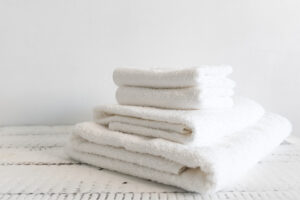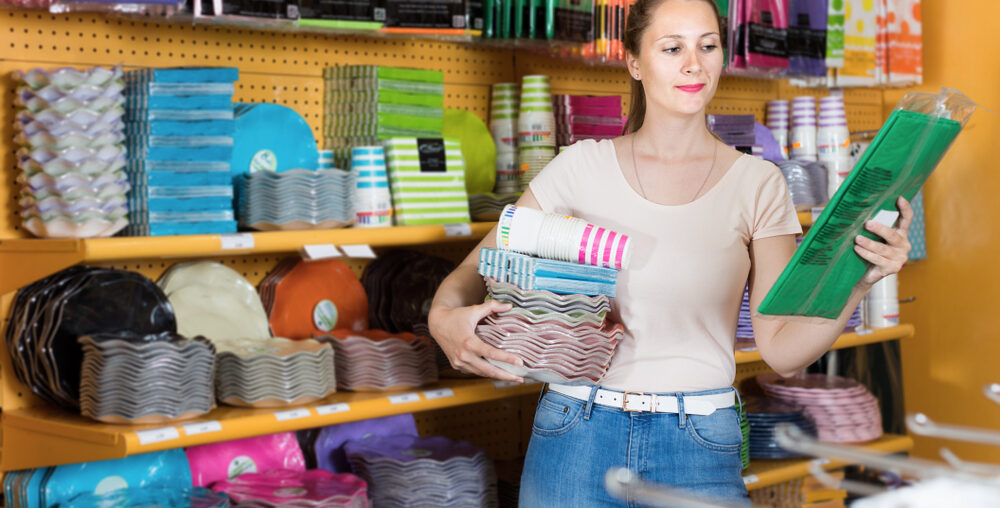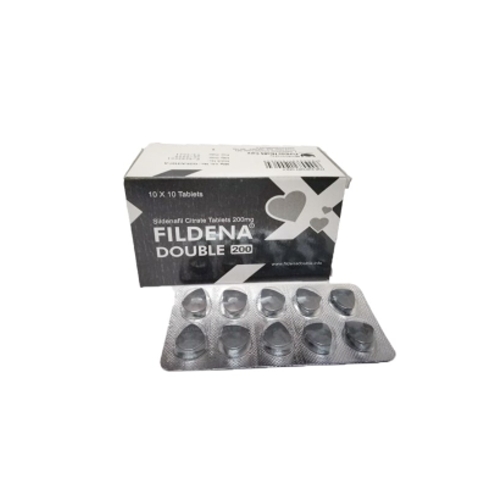Dish towels are an essential part of any kitchen. They’re not just for drying dishes but also for wiping countertops, handling hot pans, and even serving as makeshift potholders. However, choosing the right dish towel for your kitchen can be overwhelming with so many options available. This guide will walk you through the key factors to consider when selecting dish towels that perfectly suit your needs.
Consider Absorbency
Absorbency is one of the most important factors when choosing a dish towel. A towel that can quickly soak up water makes drying dishes and cleaning spills much more efficient. The material of the towel plays a significant role in its absorbency:
- Cotton: Known for its natural fibers, it is highly absorbent and works well to dry dishes and hands. It’s also soft, making it gentle on delicate surfaces like glassware.
- Microfiber: Microfiber towels are made from synthetic fibers that excel at absorbing liquids. They’re ideal for cleaning up spills and drying surfaces streak-free.
If absorbency is your top priority, consider how frequently you’ll need the towel for heavy-duty drying versus light cleaning.
Evaluate Durability
Durability ensures your dish towels can withstand frequent use and washing without fraying or losing effectiveness. Look for materials and construction methods that promote longevity:
- Cotton kitchen towels are durable but may wear out faster with heavy use, especially if made from lower-quality cotton.
- Microfiber dish towels are incredibly durable and can last longer than cotton when properly cared for. They resist shrinking and tearing, making them a great option for long-term use.
High-quality stitching and reinforced edges also contribute to a towel’s durability, so check for these features when shopping.
Assess Ease of Cleaning
Dish towels can become a breeding ground for bacteria if not cleaned properly, so ease of washing is a crucial consideration. Different materials have varying cleaning requirements:
- Cotton towels are easy to machine wash and can handle high temperatures, which helps kill bacteria and remove stains.
- Microfiber towels require slightly more care. They’re best washed in cool or warm water without fabric softeners, as softeners can reduce their absorbency.
Cotton’s straightforward washing process might be the better choice if convenience is key. However, microfiber’s quick-drying properties can also be a practical advantage.
Match the Towel to the Task
Not all dish towels are created equal, and some are better suited for specific tasks:
- Drying Dishes: Towels made from cotton are excellent for drying dishes because of their absorbency and softness.
- Cleaning Spills: Microfiber towels shine here thanks to their ability to absorb large amounts of liquid and pick up dirt and grime.
- Polishing Surfaces: Microfiber’s streak-free finish makes it the best choice for polishing glassware, stainless steel, and countertops.
- Decorative Use: If aesthetics matter, look for cotton towels with stylish patterns or embroidery. They add a decorative touch to your kitchen while remaining functional.
You can ensure you have the right tools for every kitchen task by matching the towel’s material and features to your needs.
Compare Cotton and Microfiber Options
When choosing dish towels, consider whether cotton or microfiber suits your kitchen needs, as both have unique benefits. Cotton is a traditional favorite, prized for its softness, natural fibers, and versatility. It’s an excellent choice for drying dishes and hands while also serving as a decorative element in your kitchen.
Microfiber, on the other hand, is a modern alternative known for its superior absorbency and durability. It’s perfect for tackling tough messes, cleaning spills, and polishing surfaces without leaving streaks.
For those who want the best of both worlds, consider having a mix of cotton and microfiber towels in your kitchen. This way, you’ll always have the right towel for the job, whether it’s drying delicate glassware or wiping down countertops.
Pay Attention to Size and Weight
The size and weight of a dish towel can impact its functionality:
- Smaller towels are ideal for quick tasks like drying hands or cleaning up small spills.
- Larger towels are better for drying large items like pots and pans or covering food.
- Lightweight towels dry quickly and are easier to wring out, making them great for frequent use.
- Heavier towels are more absorbent and durable, which is useful for heavy-duty tasks.
Choose a size and weight that aligns with your daily kitchen routines and storage space.
Look for Eco-Friendly Options
If sustainability is important to you, look for dish towels made from eco-friendly materials like organic cotton or bamboo. These options are biodegradable and produced with fewer chemicals, making them better for the environment. Microfiber, while not biodegradable, is highly durable and requires less frequent replacement, which can also contribute to a lower environmental impact.
Final Thoughts
Selecting the right dish towel for your kitchen involves considering factors like absorbency, durability, ease of cleaning, and specific tasks. Cotton and microfiber are both excellent options, each with unique advantages. You can choose the perfect towel to enhance your cooking and cleaning routines by understanding your kitchen needs and preferences.
Whether you prefer the classic appeal of cotton or the modern efficiency of microfiber, investing in high-quality dish towels is a small but impactful way to improve your kitchen’s functionality and sustainability.




